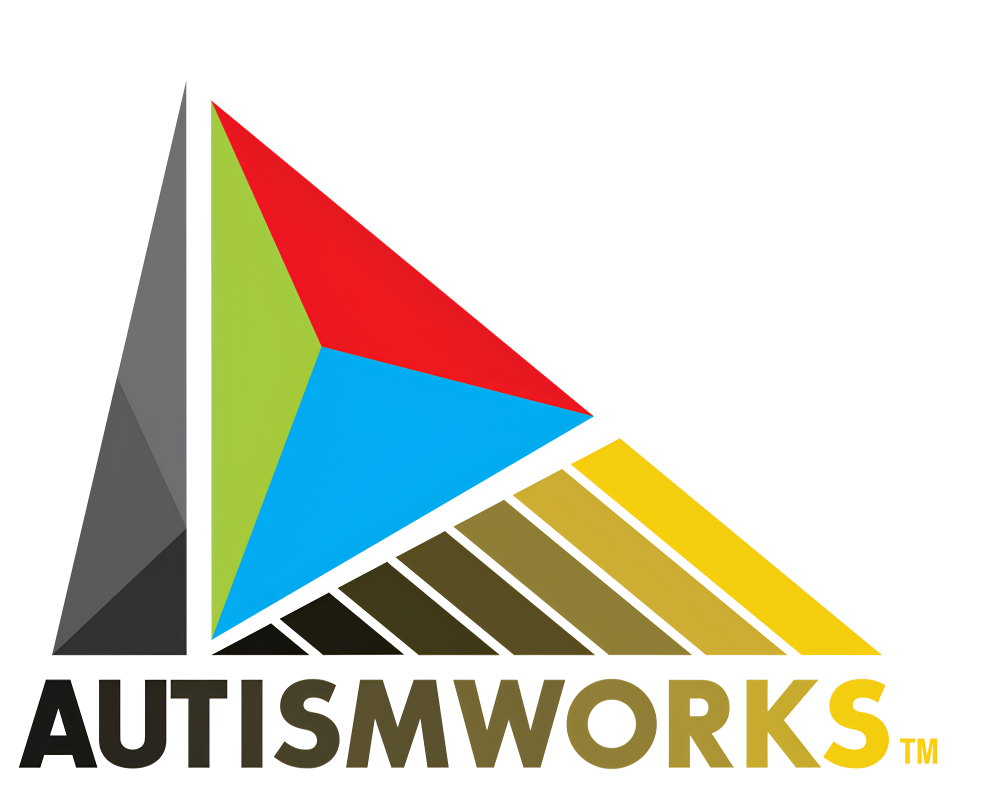Building Trust, One Small Step at a Time
Hey AutismWorks Community,
After taking time to observe people (“recon”) and carefully choosing who belongs in my circle, there’s still one more important piece to talk about—trust.
For me, trust doesn’t happen quickly. It takes time. I’ve learned that trust is something you build slowly—through small actions, honest words, and consistency. It’s one of the most valuable things in any relationship, and also one of the most fragile.
What Trust Means to Me
Trust means I can be myself around someone without fear of being judged. It means I know they’ll do what they say. And it means I don’t have to constantly second-guess their intentions.
But it doesn't start from nothing. It starts small—maybe with one kind moment, one respectful conversation, or just being there when it counts.
How I Begin to Trust Someone
I’ve learned to watch for patterns. Trust builds when someone shows up consistently—not just when it’s easy, but when things are difficult.
Here are a few signs I look for:
-
They respect my boundaries without needing an explanation.
-
They keep my confidence and don’t share private things.
-
They follow through on their word.
-
They accept silence without pressure.
It’s not about perfection—it’s about showing up in a real and honest way.
The Role of Observation and Choice
This ties back to what I shared before: I watch carefully (recon) and choose my circle thoughtfully. Those steps set the stage for trust.
Once someone is in my circle, I don’t immediately hand over trust. I give it gradually. One moment at a time. If they handle that trust well, I give a little more. If not, I step back—and I don’t feel bad about it.
Trust is something I offer, not something others can demand.
When Trust Breaks
There have been times when I trusted too quickly or ignored red flags. When that happens, I feel disappointed—not just in the person, but in myself for not being more careful.
I’ve learned that it’s okay to reset boundaries. It’s okay to take space. And it’s okay to protect your peace—even if others don’t understand why.
When someone breaks my trust, I don’t rush to repair it. I let their actions speak. And if those actions don’t change, I move on.
Trust is like a bridge. You don’t build it in a day. You lay it down piece by piece, walking slowly until it feels strong enough to carry weight. And even then, you check to make sure it’s still holding steady.
If someone earns that kind of trust in your life, they’re worth holding onto.
But if someone doesn’t respect it—walk away. Your time, your energy, and your peace are worth more.
With patience and respect,
Tyler McNamer
Founder, AutismWorks



Responses